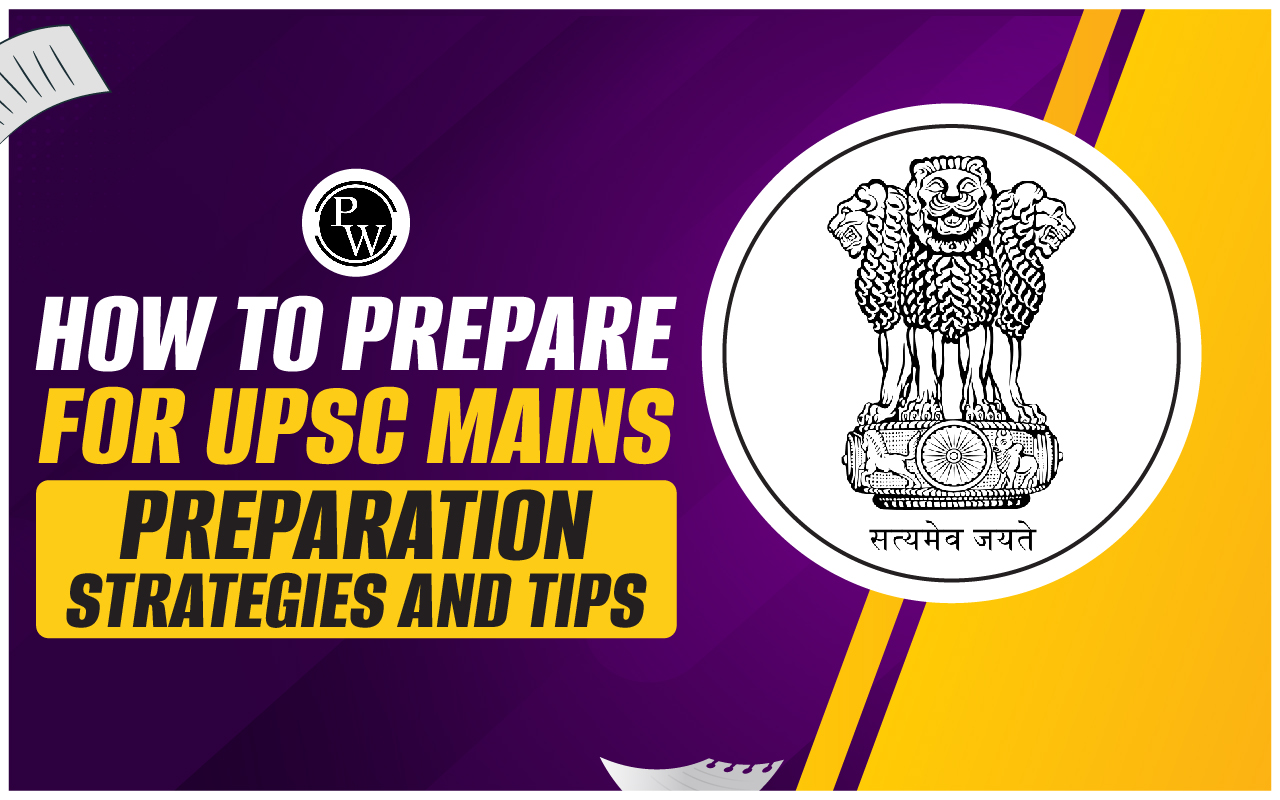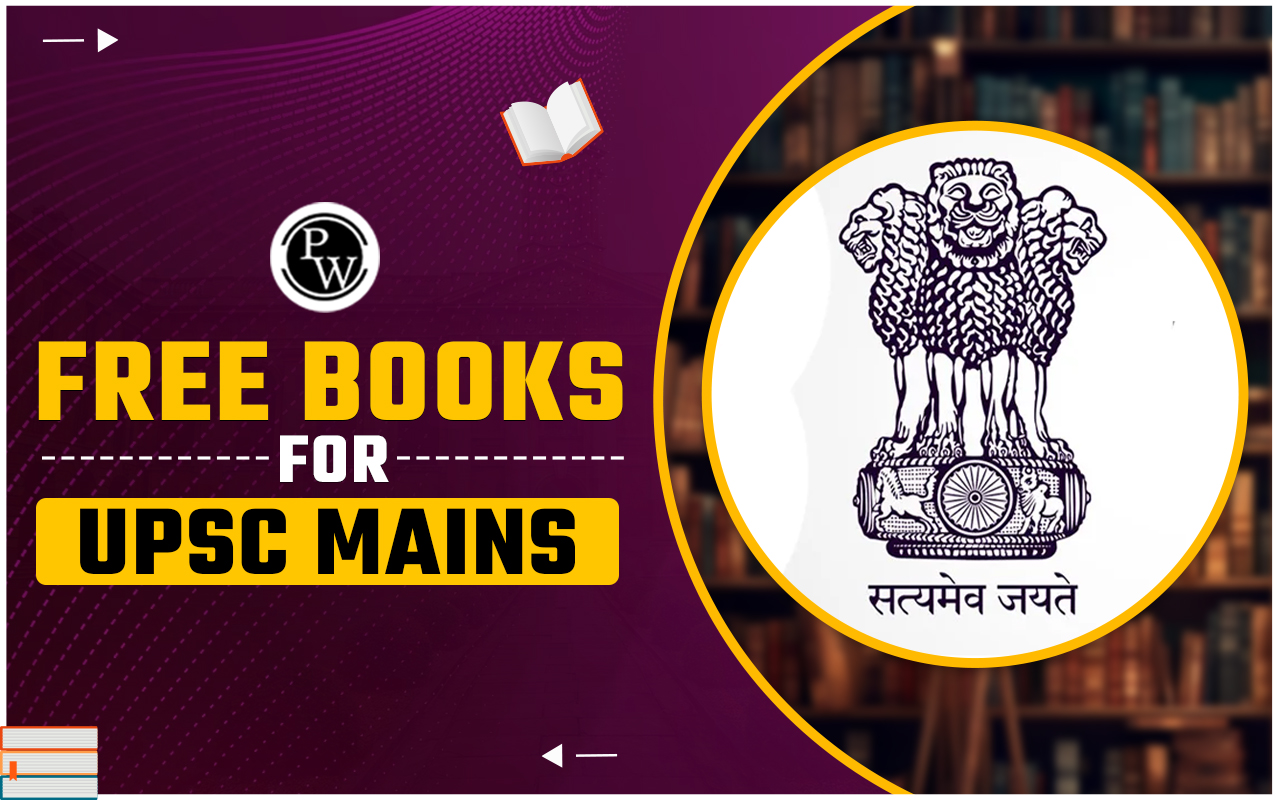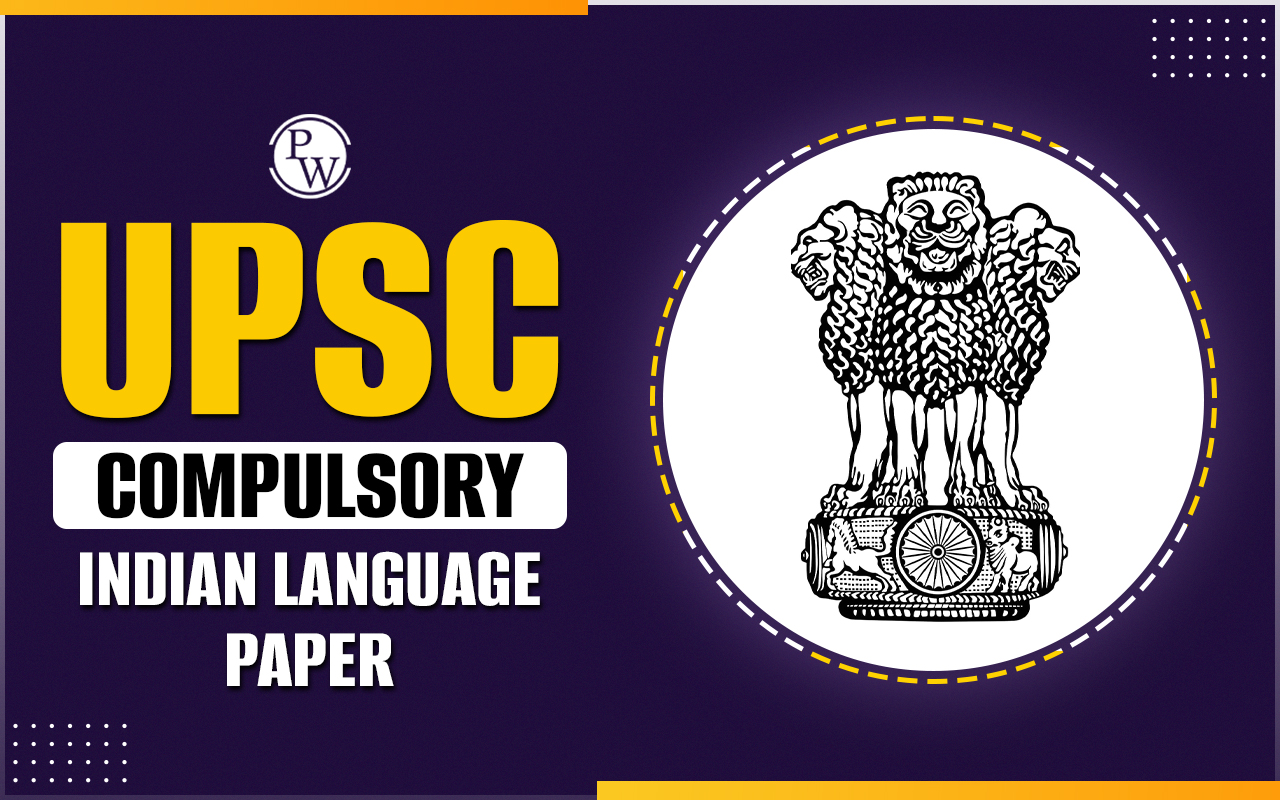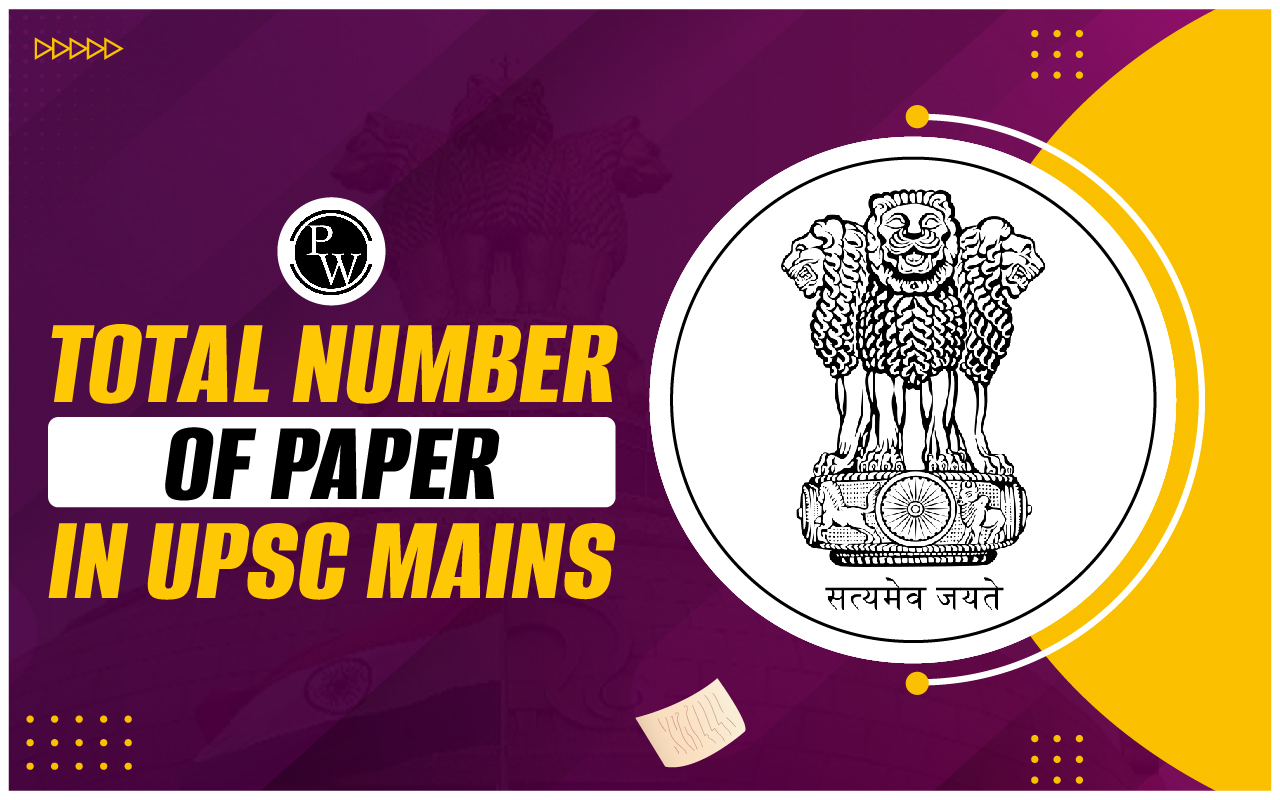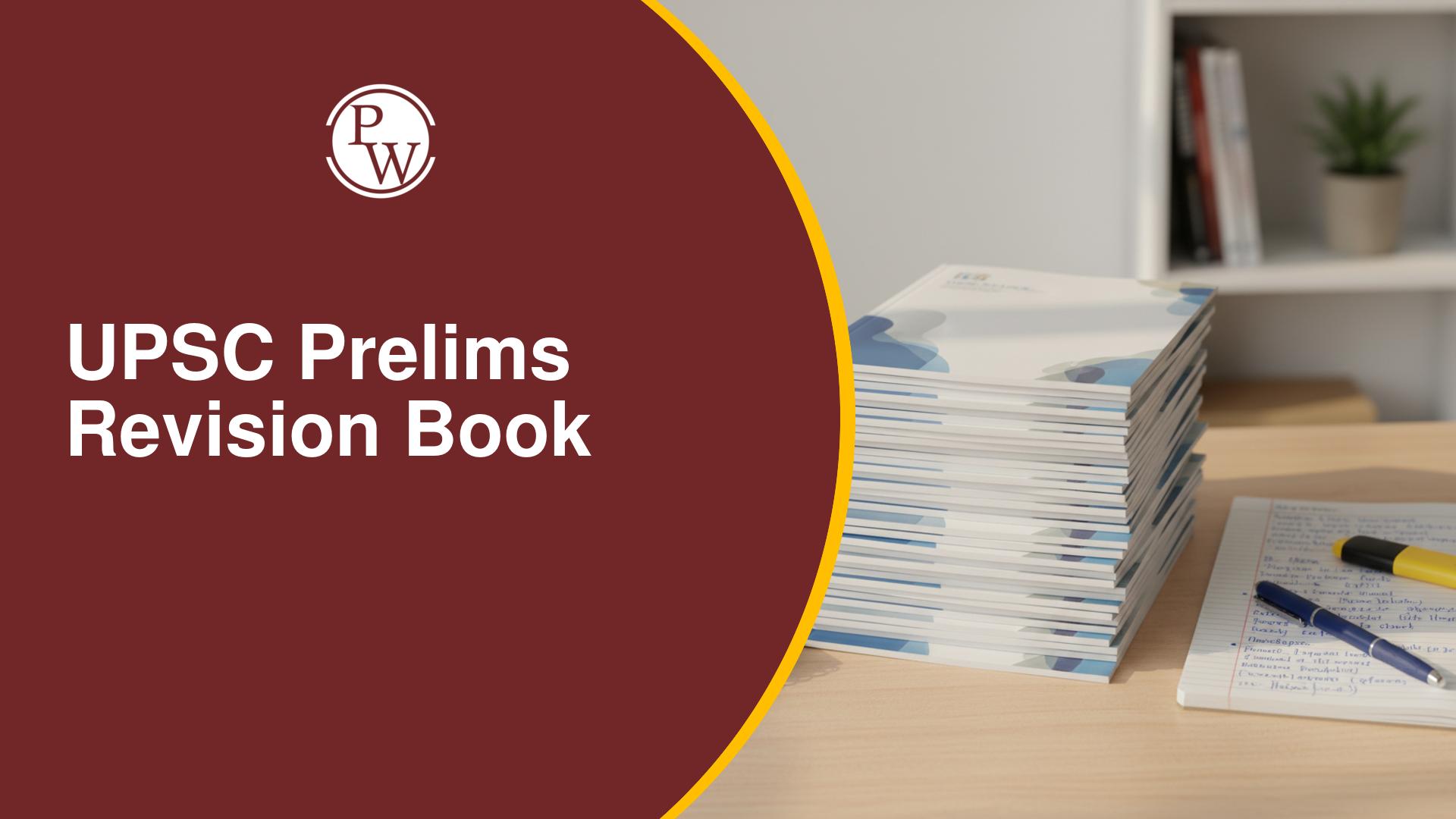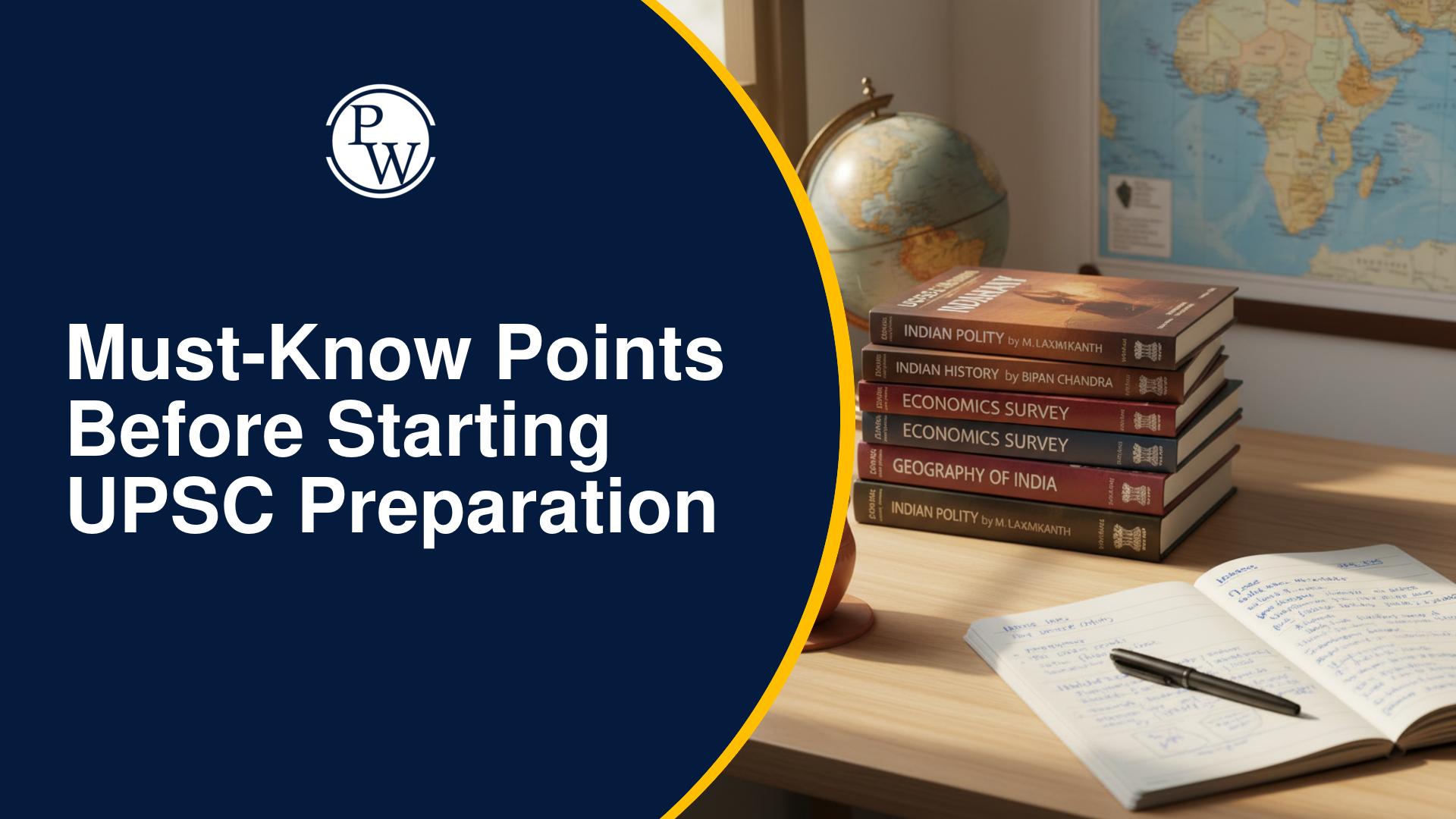
Fundamental Rights: Fundamental Rights in the Indian Constitution , enshrined in Part III (Articles 12 to 35) , are considered the cornerstone of Indian democracy. These rights ensure civil liberties to all citizens, enabling them to live in peace and harmony without fear of oppression or discrimination.
Knowing Fundamental Rights of the Indian Constitution is essential because they guarantee civil liberties to all citizens, ensuring equality, freedom, and justice. These rights protect individuals from state abuse, promote social welfare, and uphold the democratic framework, fostering a just and inclusive society.
Fundamental Rights (Part III of the Indian Constitution) Overview
Fundamental Rights are given in the Part III of the Indian Constitution. Fundamental Rights include the Right to Equality (Articles 14-18), the Right to Freedom (Articles 19-22), the Right against Exploitation (Articles 23-24), the Right to Freedom of Religion (Articles 25-28), the Cultural and Educational Rights (Articles 29-30), and the Right to Constitutional Remedies (Article 32).
|
Fundamental Rights (Part III of the Indian Constitution) Overview |
||
| Fundamental Right | Article Range | Description |
| Definition and Laws Inconsistency | 12-13 | Definition of Fundamental Rights (Article 12) and Laws Inconsistent with the Fundamental Rights (Article 13) |
| Right to Equality | 14-18 | Guarantees equality before the law, prohibits discrimination, ensures equality of opportunity, and abolishes untouchability and titles. |
| Right to Freedom | 19-22 | Includes freedom of speech and expression, assembly, association, movement, residence, and the right to practice any profession. |
| Right against Exploitation | 23-24 | Prohibits human trafficking, forced labour, and child labour in factories, mines, and hazardous employment. |
| Right to Freedom of Religion | 25-28 | Ensures freedom of conscience and free profession, practice, and propagation of religion; freedom to manage religious affairs; and freedom from taxes for promotion of any particular religion. |
| Cultural and Educational Rights | 29-30 | Protects the rights of cultural, religious, and linguistic minorities to preserve their heritage and establishes the right of minorities to establish and administer educational institutions. |
| Right to Constitutional Remedies | 32 | Allows individuals to move the Supreme Court to enforce Fundamental Rights against the violation by the state. This includes writs like Habeas Corpus, Mandamus, Prohibition, Quo-Warranto, and Certiorari. |
Fundamental Rights (Part III of the Indian Constitution) - Articles 12-35
Part III of the Indian Constitution covers Fundamental Rights , encapsulated in Articles 12 to 35. These rights are considered essential for the development of individuals and the well-being of the community. FRs are enforceable by the courts, subject to certain restrictions. Here is a brief overview of each article:
Fundamental Rights - Article 12 and Article 13
Fundamental Rights in the Indian Constitution begins with Article 12 and Article 13 which define the Fundamental Rights (Article 12) and tells about the inconsistency of laws with Fundamental Rights (Article 13).
Article 12: Definition
Defines the term "State" to include the Government and Parliament of India, the Government and the Legislature of each of the States, and all local or other authorities within the territory of India or under the control of the Government of India.
Article 13: Laws inconsistent with or in derogation of the Fundamental Rights
Declares that any law that contravenes any of the Fundamental Rights shall be void. It also covers judicial review, enabling courts to examine the constitutionality of laws.
Right to Equality (Articles 14-18)
- Article 14 : Equality before the law and equal protection of the laws.
- Article 15 : Prohibition of discrimination on grounds of religion, race, caste, sex, or place of birth.
- Article 16 : Equality of opportunity in matters of public employment.
- Article 17 : Abolition of untouchability and prohibition of its practice.
- Article 18 : Abolition of titles, except military and academic distinctions.
Right to Freedom (Articles 19-22)
-
Article 19
: Protection of certain rights regarding freedom of speech, etc.
- Article 19(1)(a): Freedom of speech and expression.
- Article 19(1)(b): Freedom to assemble peacefully without arms.
- Article 19(1)(c): Freedom to form associations or unions.
- Article 19(1)(d): Freedom to move freely throughout the territory of India.
- Article 19(1)(e): Freedom to reside and settle in any part of India.
- Article 19(1)(f): (Repealed by 44 th CAA)
- Article 19(1)(g): Freedom to practice any profession, or to carry on any occupation, trade, or business.
- Article 20 : Protection in respect of conviction for offences.
- Article 21 : Protection of life and personal liberty.
- Article 21A : Right to education.
- Article 22 : Protection against arrest and detention in certain cases.
Right against Exploitation (Articles 23-24)
- Article 23 : Prohibition of traffic in human beings and forced labour.
- Article 24 : Prohibition of employment of children in factories, etc.
Right to Freedom of Religion (Articles 25-28)
- Article 25 : Freedom of conscience and free profession, practice, and propagation of religion.
- Article 26 : Freedom to manage religious affairs.
- Article 27 : Freedom as to payment of taxes for promotion of any particular religion.
- Article 28 : Freedom as to attendance at religious instruction or religious worship in certain educational institutions.
Cultural and Educational Rights (Articles 29-30)
- Article 29 : Protection of interests of minorities.
- Article 30 : Right of minorities to establish and administer educational institutions.
Right to Constitutional Remedies (Articles 32-35)
- Article 32 : Right to move the Supreme Court for the enforcement of Fundamental Rights.
- Article 33 : Power of Parliament to modify the rights conferred by this Part in their application to forces, etc.
- Article 34 : Restriction on rights conferred by this Part while martial law is in force in any area.
- Article 35 : Legislation to give effect to the provisions of this Part.
Article 32 - Heart and Soul of the Constitution of India
Article 32 of the Constitution of India is a fundamental right (FR) that provides the right to constitutional remedies. It allows individuals to move the Supreme Court (and high courts under Article 226) for the enforcement of fundamental rights. This article is often considered the "heart and soul" of the Constitution, as described by Dr. B.R. Ambedkar.
Article 32(1) states that the right to move the Supreme Court by appropriate proceedings for the enforcement of the rights conferred by Part III (Fundamental Rights) is guaranteed.
Types of Writs in Article 32 of the Constitution of India
Article 32(2) grants the Supreme Court the power to issue directions or orders or writs, including writs in the nature of habeas corpus, mandamus, prohibition, quo warranto, and certiorari, for the enforcement of any of the Fundamental rights (FRs) conferred by Part III of the Constitution.
Following are the Writs mentioned in the Article 32 of the Indian Constitution:
- Habeas Corpus : The Habeas Corpus writ is used to bring a person who has been detained unlawfully before the court. The court can order the release of the concerned person if the detention is found to be illegal.
- Mandamus : This writ is issued to command a public official, body, corporation, or inferior court to perform a public duty that they are obligated to perform. It ensures that public duties are performed when they are neglected.
- Prohibition : This writ is issued by a superior court to a lower court or tribunal to prevent it from exceeding its jurisdiction or acting contrary to the rules of natural justice.
- Certiorari : This writ is issued by a higher court to a lower court or tribunal, either to transfer a case pending with that court to itself or to quash the order of the lower court. It is generally issued when there is an error of jurisdiction or violation of the principles of natural justice.
- Quo Warranto : The Quo Warranto writ is issued by the Supreme Court to inquire into the legality of a claim of a person to a public office. It questions the authority by which a person occupies a public office and can lead to the person's removal from the position if they are found to be unlawfully holding it.
Justiciability of Fundamental Rights (Part III of the Indian Constitution)
These Fundamental Rights are justiciable, meaning individuals can seek legal redress in case of their violation, making the judiciary a guardian of these rights. They play a crucial role in maintaining the democratic fabric of the nation by limiting the power of the state and ensuring a balance between the authority of the government and the rights of the citizens.
Additionally, these rights are subject to reasonable restrictions to ensure that their exercise does not harm public order, morality, and the sovereignty and integrity of India. The significance of Fundamental Rights extends beyond individual protection, fostering a sense of unity and integrity in the diverse fabric of Indian society.
Importance of Fundamental Rights (Part III of the Indian Constitution)
Fundamental Rights are foundational to the functioning of a democratic society, ensuring that citizens are empowered, protected, and capable of contributing to the nation’s development and governance. Fundamental Rights are crucial for Indian citizens for several reasons:
- Protection of Individual Liberty : Fundamental Rights safeguard the individual freedoms of citizens, ensuring they can live with dignity and without fear of oppression or discrimination. These rights include freedom of speech, expression, assembly, and movement.
- Equality Before the Law : They ensure that all citizens are treated equally under the law. The rights prevent discrimination on grounds of religion, race, caste, sex, or place of birth, promoting social equality and justice.
- Protection Against Arbitrary Actions : Fundamental Rights act as a check on the powers of the government and other authorities, protecting citizens from arbitrary actions and ensuring that state actions are lawful and just.
- Right to Constitutional Remedies : This allows citizens to approach the judiciary if they believe their Fundamental Rights have been violated. The judiciary can issue writs to enforce these rights, providing a robust mechanism for their protection.
- Promotion of Social Welfare : Some Fundamental Rights, such as the right to education, aim at promoting the social and economic welfare of citizens. They ensure access to basic needs and opportunities for personal development.
- Preservation of Cultural and Educational Rights : They protect the cultural and educational rights of minorities, ensuring that diverse communities can preserve their heritage and access education without discrimination.
- Strengthening Democracy : By ensuring freedom of speech, association, and assembly, Fundamental Rights facilitate a vibrant democratic process where citizens can freely express their opinions, form associations, and participate in the governance of the country.
Fundamental Rights FAQs
What is the Article 35 of the fundamental rights?
Is article 12 a fundamental right?
What is state under Article 12 of Part 3rd of Constitution?
Can the fundamental rights under Article 12 to 35 be amended?
What is part 3 of Indian Constitution article 12 to 35?


